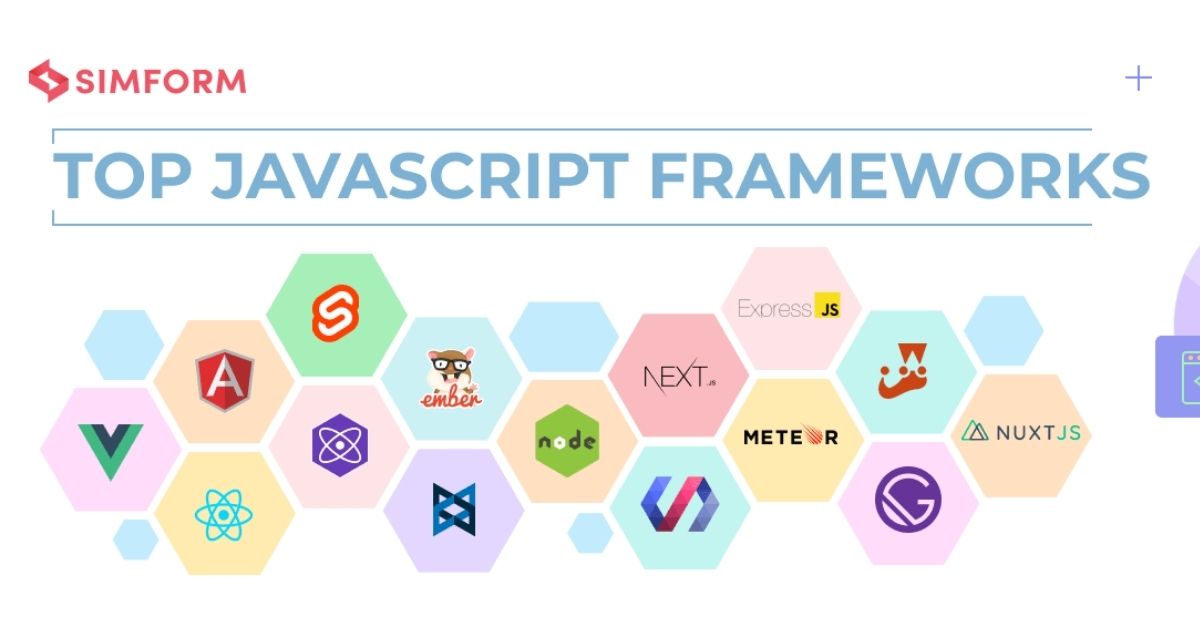Rise by Six: Your Daily Dose of Inspiration
Explore insights and stories that elevate your day.
JavaScript Frameworks: The Battle Royale of Modern Web Development
Unleash the ultimate showdown! Discover which JavaScript framework reigns supreme in modern web development. Don't miss out!
Top 5 JavaScript Frameworks in 2023: A Comprehensive Comparison
In 2023, developers have a plethora of choices when it comes to JavaScript frameworks, each offering unique features and advantages. This comprehensive comparison will delve into the top 5 JavaScript frameworks that stand out this year. These frameworks are essential for building efficient web applications, improving the development workflow, and enhancing user experiences. The frameworks we will explore include:
- React: Known for its component-based architecture, React continues to dominate the landscape, enabling developers to create dynamic user interfaces with ease.
- Vue.js: Favored for its simplicity and flexibility, Vue.js allows for smooth integration with other projects, making it a popular choice among developers.
- Angular: A robust framework backed by Google, Angular is ideal for building large-scale applications due to its comprehensive set of features.
- Next.js: As a React-based framework, Next.js excels in server-side rendering and static site generation, offering an optimized experience for users and developers alike.
- Svelte: A relatively new entrant, Svelte compiles components into highly efficient JavaScript at build time, resulting in faster application performance.

How to Choose the Right JavaScript Framework for Your Project
Choosing the right JavaScript framework for your project can significantly impact its performance and maintainability. Start by assessing your project requirements, including the expected traffic, complexity, and the user interface. Popular frameworks like React, Angular, and Vue.js have their unique strengths; for instance, React is widely recognized for its component-based architecture and flexibility, while Angular offers a comprehensive solution with a structured approach. To refine your choice, consider factors such as the learning curve, community support, and documentation availability.
After evaluating your project needs, you'll want to create a comparison chart to visualize the pros and cons of each framework. Factors to include are:
- Performance: Assess the speed and efficiency of each framework under different loads.
- Scalability: Determine how well the framework can grow with your project.
- Integration: Look at how easily the framework integrates with other libraries and tools.
- Community support: A vibrant community can provide essential resources and plugins.
By meticulously analyzing these elements, you can make an informed decision that aligns with your project's goals and requirements.
The Evolution of JavaScript Frameworks: What's Next in Web Development?
The landscape of web development has transformed dramatically since the inception of JavaScript frameworks. Initially, frameworks like jQuery simplified DOM manipulation, allowing developers to create interactive websites with ease. However, as applications grew more complex, the need for more structured approaches led to the emergence of frameworks such as Angular, React, and Vue.js. These frameworks introduced component-based architecture, enabling better organization of code and fostering reusability. As a result, developers can now build scalable applications that enhance performance and optimize user experiences.
Looking ahead, the future of JavaScript frameworks seems poised for further evolution. Innovations such as server-side rendering and static site generation are becoming standard features to enhance search engine optimization and load times. Additionally, the rise of state management libraries and tools like Next.js and Nuxt.js are paving the way for improved developer experience and performance. As web applications increasingly incorporate AI and machine learning capabilities, we can expect frameworks to adapt, providing developers with the resources they need to harness these powerful technologies seamlessly.